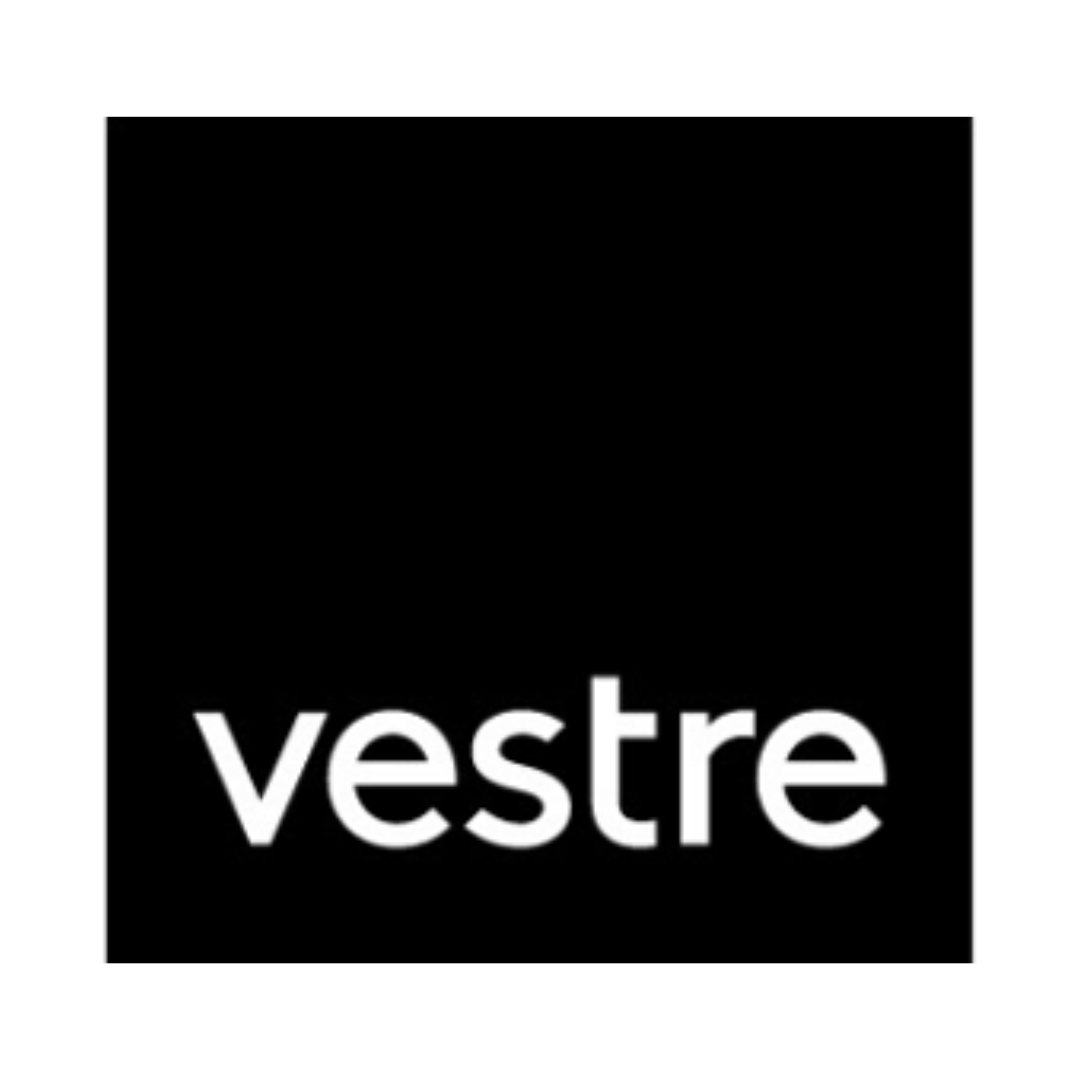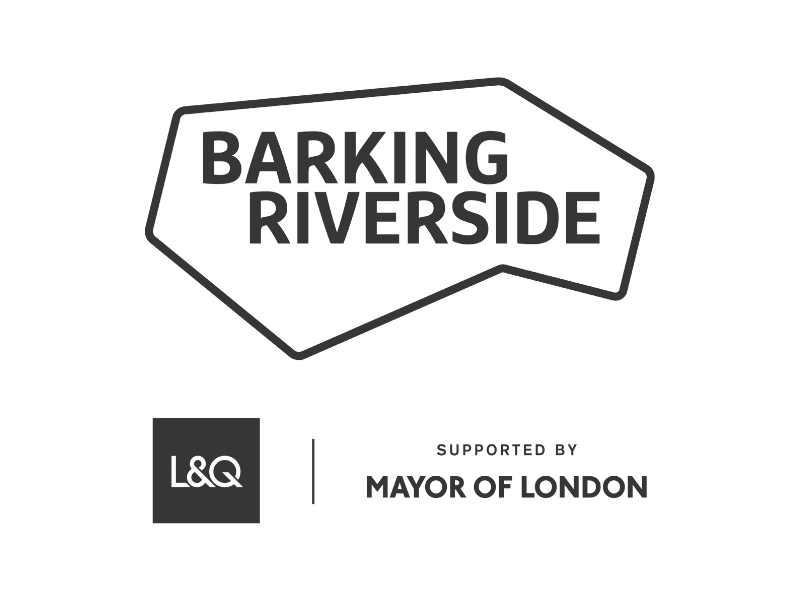Project showcase
BlockWest, Bristol - Making Together with Knowle West residents, We Can Make and Automated Architecture

Local people aged 17 to 76 were trained to use a digital design and modular construction kit. Together they designed, fabricated and made a Covid-safe community pavilion using modular building system Block Type A.
Who is the developer/client of the project?
Making Together: a collaboration between
Knowle West residents, We Can Make, and Automated Architecture.
Describe the context of this project in 250 words max. and please upload any image, drawings or reports that explain the initiative.
Making Together used a co-creation approach to host a non-hierarchical collaborative space bringing together a “crew” of local people, artists and architects and technologists to explore what kinds of homes and shared spaces and places were missing in Knowle West - a council-built estate with high levels of multi-deprivation in South Bristol.
The crew aged 17-76 were trained to use a digital design and modular construction kit. Together they designed, fabricated and made a practical, physical response to what they felt was
missing.
The project was conceived pre-Covid, but began just as lockdown hit in March 2020. We adapted quickly to retain our ethos of co-creation: we loaned laptops to people so they could still participate, developed online workshops, delivered physical kits to people’s homes, set up a buddy-system, and worked with graphic artists to help visualise the process and dissolve the barriers of distance and screens.
The result was BlockWest - a Covid-Safe community pavilion for hosting gatherings, artist performances, community events, and informal hang-out space- built by the crew in September 2020.
Note: BlockWest is made from a modular building system - called Block Type A - designed by Automated Architecture Labs (AUAR), a design agency based at The Bartlett School of Architecture, UCL. Block Type A uses a fixed set of Lego-like plywood building blocks which are lightweight so they can be reconfigured into different designs over time without the need for specialised tools or expertise.
How does this project enable the community to make a meaningful contribution to a place? 250 words max. Please attach an image or other documentation of the project, or context, that supports your statement.
In the words of some of the Making Together Crew members:
“The community has been at the heart of the project. I felt like a had a web of support around me, with no barriers and no boundaries. I could dream it, I could say it, I could make it. It was really empowering. For once in my life I wasn’t being told ‘no you can’t do that’. Instead everything was do-able.” – Don
“We are literally building our community from the bottom up. [The pavilion] isn’t mine. It’s ours. It’s given me ownership of my community. It’s giving people different choices, better choices about how things can be. And it feels like only the beginning.” – John
Making Together demonstrates the value AND potential of putting new emerging place-making tools (in the form of digital design and fabrication technologies) directly into the hands of communities, enabling them to tangibly shape and make their neighbourhood on their terms.
The potential is significant. Construction is currently the second least digitised industry in the world. The dominant pattern for the roll-out of new technology is that of “winner takes all”, where one or two players quickly dominate the market, with benefits and profits concentrated in the hands of the few.
As new “Modern Methods of Construction” sweep in, there now a time limited chance to create a different kind of future, one where digital design and construction tools are distributed, diverse and in the hands of local communities.
How will the community engagement be taken forward? Have you actively responded to their contribution and continued the conversation, facilitating their continued involvement? 250 words max. Please attach an image of the project that supports your statement.
Learning from the development of BlockWest is already being applied to We Can Make community-led housing initiative, which is using Modern Methods of Construction to design homes for micro-sites. In February 2021, We Can Make got planning permission for the first two homes, and construction is due to begin in June 2021.
In January 2021, the team won a grant from Co-Creating Change to grow and replicate the Making Together methodology. www.cocreatingchange.org.uk/stories/growth-replication-commissions-cohort-announced/. We are now working on a tool-kit for other communities to “adapt and adopt” the approach to their own needs and contexts.
The Making Together Crew have also begun work on a new public realm project, using the knowhow from BlockWest to create a mix of new pop-up and permanent structures across the wider Knowle West neighbourhood ready for summer 2021.
Please share any reports, news clippings, data or figures that support your entry, for example reach, news clippings, reports. You may also attach an additional image or document to support your entry.
Film of the making of BlockWest
vimeo.com/475802362/c929231818
Film with artist performance co-created with the community.
In April 2021, BlockWest won the AJ "Small Project Social Sustainability Prize", with the judges saying "This is what change looks like: “an intersectional piece of architecture which goes beyond a building”. link to article: www.architectsjournal.co.uk/news/aj-small-projects-2021-winner-announced
Festival of Pineapples
24-26 February 2026
Pineapples prize giving night
April
Pineapples at Festival of Place
10 June 2026
© The Pineapples - Tweak Ltd. 124 City Road, London, EC1V 2NX. Tel: 020 3326 7238





